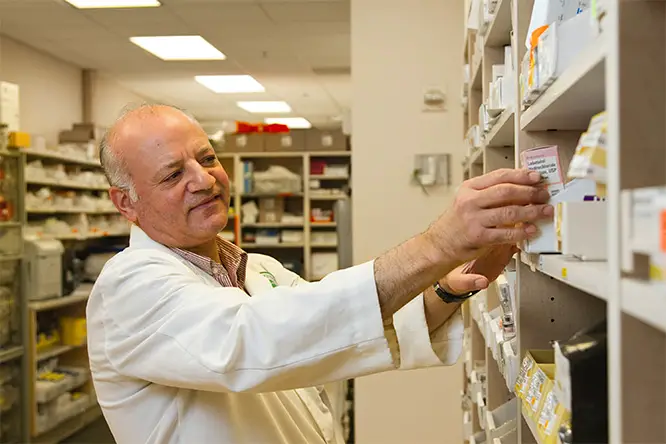Vital Tips on Fitness: Maintaining Muscle Mass as You Age

Aging Gracefully with Fitness
Everyone dreams of aging gracefully, looking vibrant, fit, and healthy. Today, there is a growing awareness of the importance of daily physical activity in achieving a healthier body and a more active lifestyle.
Understanding Muscle Decline
As we age, maintaining muscle definition becomes more challenging. This decline isn’t just a result of aging; it can also stem from poor nutrition, a sedentary lifestyle, health conditions, and other factors.
Practical Measures for Muscle Maintenance
Before feeling overwhelmed, take heart! There are practical steps to help you maintain, or even enhance, your muscle definition as you age. Here are some invaluable strategies:
Opt for Suitable Supplements
Vitamins are popular supplements and can be prescribed by doctors for nutrient deficiencies, playing a role in countering age-related muscle decline. Many supplements today are specifically designed to bolster muscle mass, such as protein and creatine supplements. BCAAs, which can’t be naturally produced by our bodies, are also crucial for muscle retention. However, before diving into supplements, educate yourself about their effects and consult a medical professional to ensure they align with your health needs.
Embrace Strength Training
As we age, an increase in body fat may lead to a decrease in lean muscle. Strength training is invaluable to counteract this. Exercises using resistance tools like dumbbells or exercise bands can bolster your strength and even lead to muscle growth. Remember, skipping exercise as you age can result in shrinking muscle cells, increased fat, and overall changes in body composition.
Increase Your Protein Intake
Protein is vital for muscle growth and maintenance. Including more protein-rich foods in your diet can mitigate muscle loss, especially when combined with consistent exercise. Classic protein sources include eggs and lean meats such as chicken breast, white fish, pork loin, and beef sirloin. For those on plant-based diets, avocados, kiwis, green peas, and mushrooms are excellent protein sources. However, if you have underlying health issues like kidney disease, consult your doctor before modifying your protein intake.
Engage with a Health Professional
It’s essential to understand potential health risks as you age. Before starting rigorous fitness regimes or significant lifestyle changes, always seek advice from a healthcare provider. This is especially crucial if you have a history of surgeries, are recovering from a medical condition, or suspect nutritional deficiencies. Understanding conditions like muscle dystrophy, which arises from genetic mutations leading to weakening muscles, is also beneficial. A comprehensive health assessment can guide your decisions and help tailor a plan best suited for your body and well-being.
Set Clear Objectives
Merely wanting to retain muscle without actionable steps is fruitless. Outline clear, achievable targets and strategize to meet them. Equally important is ensuring ample sleep and relaxation. Aging might make restful sleep elusive, but it is indispensable for rejuvenation. When setting your goals, always consider health conditions, daily routines, and dietary restrictions.
In Conclusion
While age-related muscle decline can be disconcerting, it’s a natural aspect of life. Thankfully, with proactive measures, you can continue to enjoy a robust physique and a fulfilling, health-conscious lifestyle.



